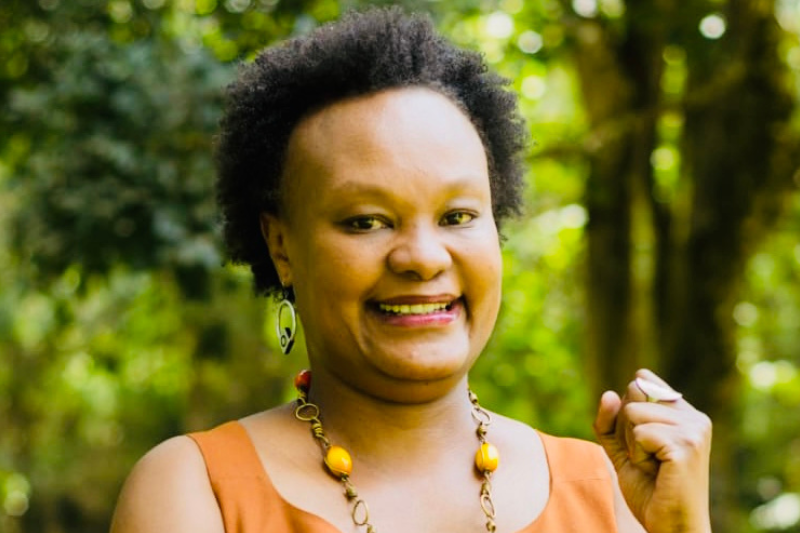
As the oldest of four children, Catherine Nkirote Kunyanga felt driven at a young age to excel in school as a way to pull her family out of poverty. Based in Nairobi, Kenya, her father worked in the private sector for years but then lost his job, while her mother stayed home. After primary school, Kunyanga moved to rural Meru County to attend high school, where she ranked top of the class for every subject and was the first female student to ever earn grade A in the school.
“Our parents were very keen on us going to school, and being a firstborn, I knew that education was the only way I could help my family,” she said. Kunyanga returned to the capital after being accepted to the prestigious University of Nairobi, where she completed her bachelor’s, master’s and Ph.D. degrees in food science and technology.

